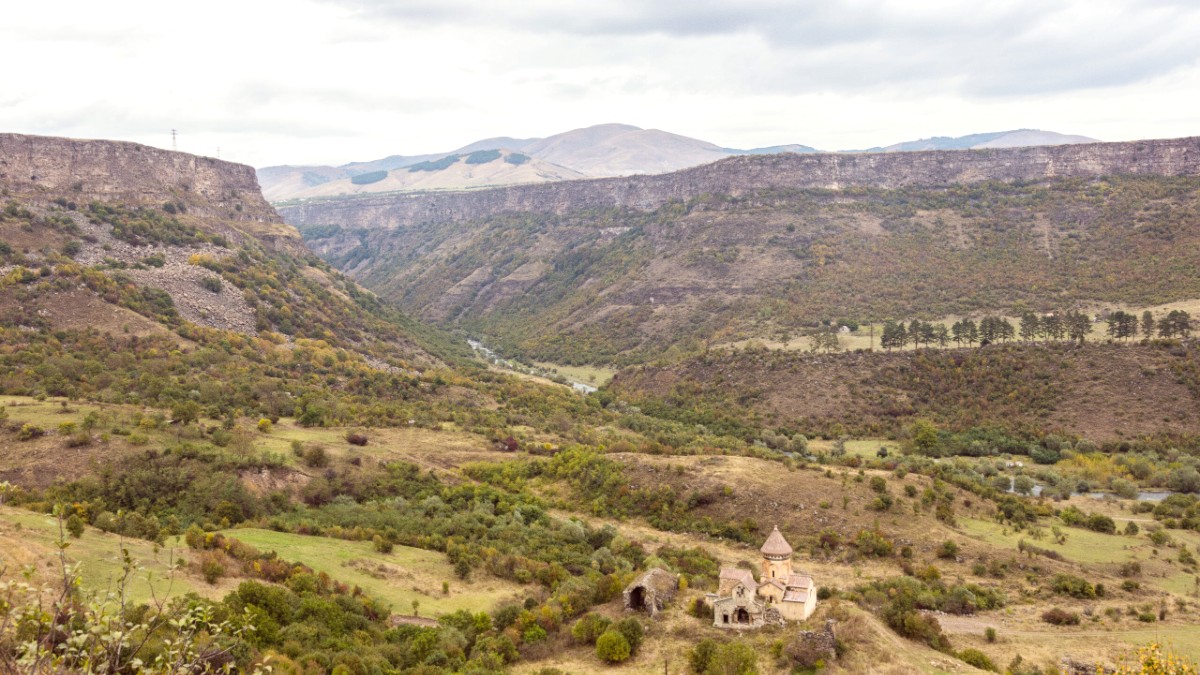
Support Mohéli Marine Park and Mount Karthala conservation efforts. Adhere to park rules and use approved guides to protect fragile ecosystems.
Waste management infrastructure is limited. Reduce single-use plastics by carrying a reusable water bottle and disposing of non-biodegradable waste responsibly.
Freshwater resources can be scarce. Be mindful of your water usage by taking shorter showers and turning off taps, conserving this precious resource.
Comoros hosts unique and fragile ecosystems. Visitors can contribute to their preservation through conscious choices.
Mohéli Marine Park is a prime example of community-based conservation. Efforts extend to Mount Karthala, safeguarding endemic species.
Limited infrastructure for waste management makes minimizing personal waste a significant contribution. Water conservation is also critical.
Offsetting your travel's carbon footprint and choosing eco-conscious options supports environmental sustainability.
Choosing sustainable outdoor gear can further minimize your environmental footprint while traveling in natural areas.
Maintain a respectful distance from all wildlife, especially marine animals and birds, to avoid disturbance.
Do not feed wild animals, as it can alter their natural behaviors and health.
Interacting respectfully with local customs and traditions enriches your travel experience and supports cultural preservation.
Learning basic phrases and observing local customs fosters positive exchanges with the Comorian community.
Always seek permission before photographing individuals, specifically women and children, and be mindful of sensitive sites.
Comoros is a predominantly Muslim country. Adhering to respectful conduct at religious sites is important.
Ensure your visit directly benefits the local population through fair trade, supporting local businesses, and responsible practices.
Stay in locally owned guesthouses, eat at local eateries (Maquis), and use local taxi services.
Buy souvenirs directly from local artisans; bargain fairly without excessive negotiation.
Avoid activities that exploit people or natural resources. Do not purchase products from endangered species.